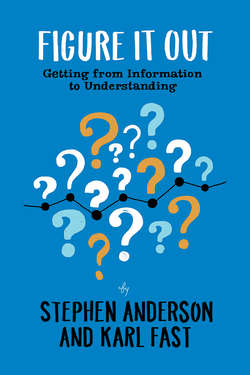Читать книгу Figure It Out - Stephen P. Anderson - Страница 34
На сайте Литреса книга снята с продажи.
Technology Framing and Human Rights
ОглавлениеAt the level of public policy, our choice of frame can affect legislation dictating our rights as citizens. If we view our mobile phone as a butler who relays messages for us, then intercepting messages is akin to surveillance, and we have legal precedents for this. We can treat this technology like we do wiretapping. But what if, as human rights activist Aral Balkan suggests, our mobile devices are extensions of ourselves? In a rather impassioned plea, Balkan questions the nature of our relationship with technology (while also presenting the same questions we posed in Chapter 2 about Where does thinking happen?).
What if, when I write down a thought on my phone to remember it later, what I am actually doing is extending my mind, and thereby extending myself using the phone.
Today, we are all cyborgs. This is not to say that we implant ourselves with technology, but that we extend our biological capabilities using technology. We are shared beings; with parts of ourselves spread across and augmented by our everyday things.
Perhaps it is time to extend the boundaries of the self to include the technologies by which we extend our selves.
My iPhone is not like a safe (that I can be ordered to open) any more than my brain is like a safe.5
Our phones as extensions of ourselves? This may sound a bit far-fetched, but is it really? How quickly does the conversation change if our mobile devices move from our hands and wrists to permanent, updatable implants in the brain? We already see technology heading in this direction. If we view these devices as intimate extensions of ourselves and our mind, then the conversation shifts into radically different places. Do we want a society where corporations and city-states have legal rights to peer into our minds and access our most intimate thoughts?
Notice how simply shifting or substituting the underlying conceptual metaphor, from that of a tool to that of personal augmentation, allows our own thinking to change: we see things differently. That is the point of this short, dystopian journey: To understand how associations shape understanding, and how we can be intentional with our use—or avoidance—of such associations.
